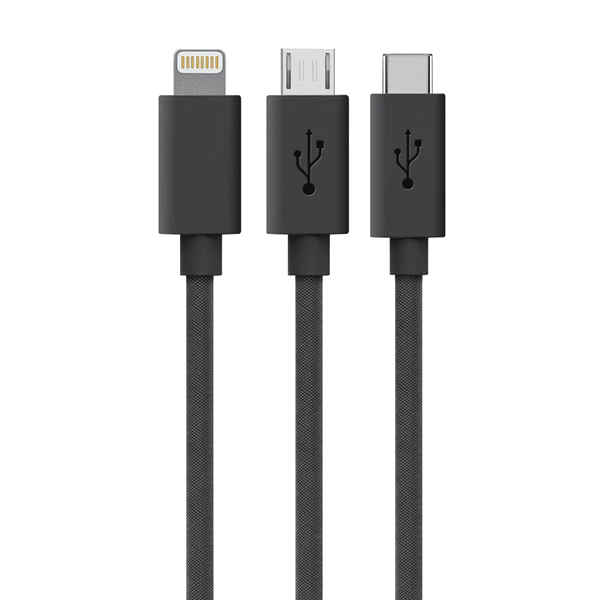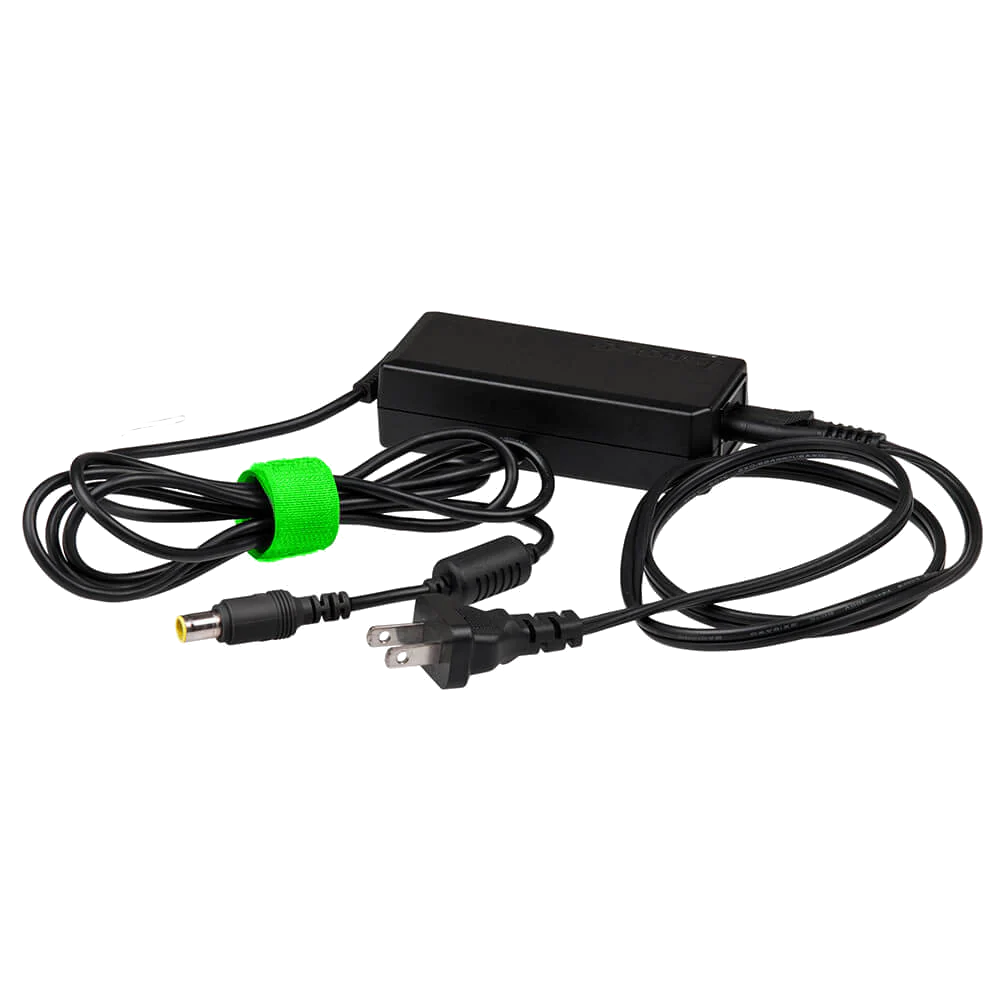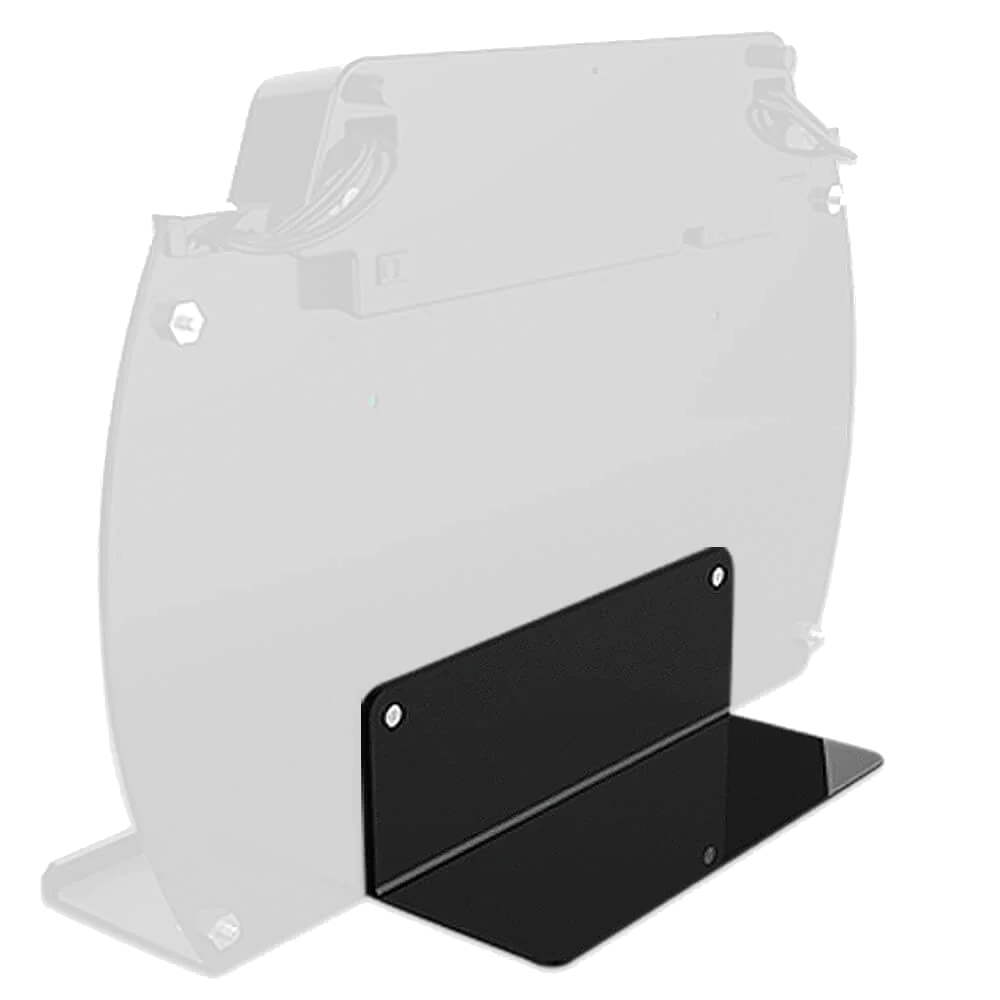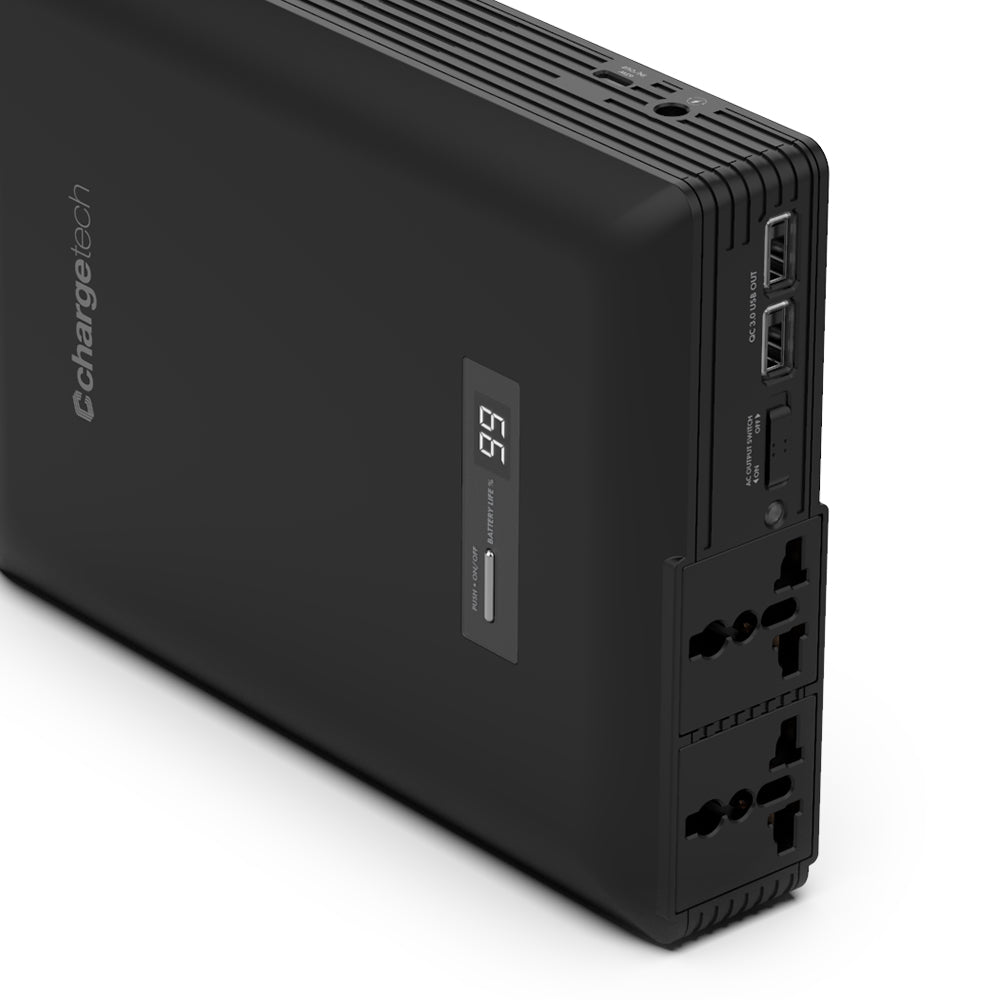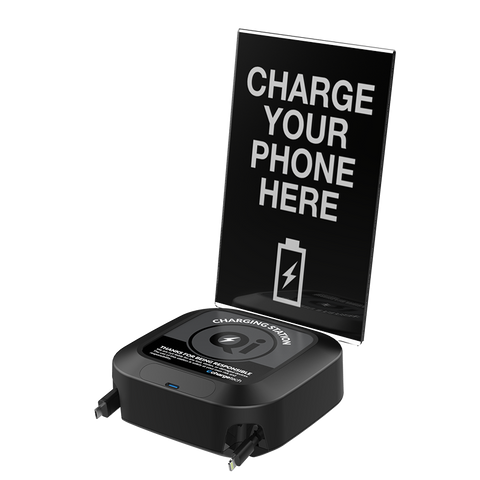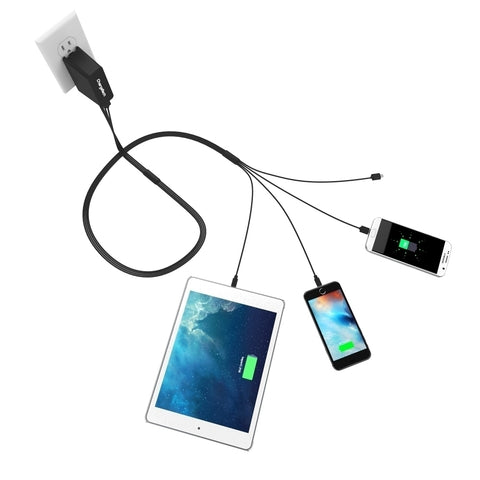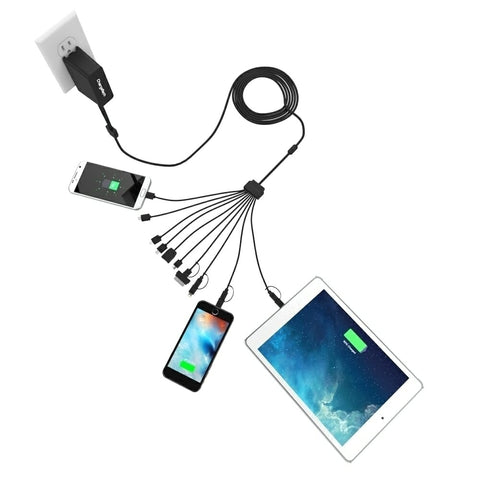The world of wireless charging is beginning to see a bit of stability. Eventually, everyone will be able to simply use a wireless table top charging station to recharge our batteries almost instantly.
Two of the leading wireless charging competitors are now in agreement to streamline their processes. The Power Matters Alliance, or PMA, and the Alliance for Wireless Power, or A4WP, have recently signed a commitment to work together in an attempt to develop an industry wide standard. The hope is that this new partnership will help to advance the use of wireless technology to a wider range of digital devices.
The A4WP President, Kamil Grajski, who is also a Qualcomm executive, believes that many commercial manufactures have been slow to conform to this new form of wireless charging due to the lack of direction in the current marketplace. Because there is no universal standard in place, companies such as LG Electronics and Nokia are currently only offering a small portion off their digital products with this new technology.
However, consumers will still need to be patient. This change will not likely occur overnight. Even though PMA and A4WP are on the same page, this does not mean that these competing technologies will work together and become interchangeable. It just means that they are agreeing to co-exist more peacefully for the time being.
While the PMA model is gaining in popularity, showing up in places like McDonald’s and Starbucks, most devices are still made with the old Qi standard that was advocated by the Wireless Power Consortium, or the WPC. The Rezence standard of the A4WP is based on a forward-thinking design of magnetic resonance that is still in its infancy stages of design and implementation into the consumer market. While the other two alliances are still using the more widely accepted method of inductive charging.
But the agreement reached between the A4WP and the PMA shows hope that the WPC will eventually join this newly formed club. Grajski is not yet offering any insight into the plans of the WPC, but he does believe that the newly formed partnership is a step in the right direction, overall.
In late 2013, the discussions regarding a universal approach to wireless charging began to gain more steam as several of the larger digital technology companies began to join one or more of these individual alliances. Qualcomm, for example, was once only a member of the A4WP. Now this company has taken membership in all three alliances. Samsung was also an avid A4WP member, but it has recently introduced a new startup line that utilizes the Qi technologies.
Now that everyone is beginning to strive towards a consolidation of wireless charging platforms and technologies, many industry leaders believe that Apple, another major player in the world of smartphones, will be forced to begin including these features into their own mobile devices. Grajski admits that he is not aware of what Apple has in store for their next iPhone release, but he is hopeful that all smartphone manufacturers will now begin to take a closer look at a universal wireless charging system, making things easier for the average consumer and benefiting all smartphone providers in the long term.
What does ChargeAll think of the wireless phone charging industry? Well, it's a big deal (not to mention expensive) to replace all of your phone chargers to whatever the new standard maybe. That's why we sell Universal Phone Charger to make sure the transition is as seamless as possible.
Two of the leading wireless charging competitors are now in agreement to streamline their processes. The Power Matters Alliance, or PMA, and the Alliance for Wireless Power, or A4WP, have recently signed a commitment to work together in an attempt to develop an industry wide standard. The hope is that this new partnership will help to advance the use of wireless technology to a wider range of digital devices.
The A4WP President, Kamil Grajski, who is also a Qualcomm executive, believes that many commercial manufactures have been slow to conform to this new form of wireless charging due to the lack of direction in the current marketplace. Because there is no universal standard in place, companies such as LG Electronics and Nokia are currently only offering a small portion off their digital products with this new technology.
However, consumers will still need to be patient. This change will not likely occur overnight. Even though PMA and A4WP are on the same page, this does not mean that these competing technologies will work together and become interchangeable. It just means that they are agreeing to co-exist more peacefully for the time being.
While the PMA model is gaining in popularity, showing up in places like McDonald’s and Starbucks, most devices are still made with the old Qi standard that was advocated by the Wireless Power Consortium, or the WPC. The Rezence standard of the A4WP is based on a forward-thinking design of magnetic resonance that is still in its infancy stages of design and implementation into the consumer market. While the other two alliances are still using the more widely accepted method of inductive charging.
But the agreement reached between the A4WP and the PMA shows hope that the WPC will eventually join this newly formed club. Grajski is not yet offering any insight into the plans of the WPC, but he does believe that the newly formed partnership is a step in the right direction, overall.
In late 2013, the discussions regarding a universal approach to wireless charging began to gain more steam as several of the larger digital technology companies began to join one or more of these individual alliances. Qualcomm, for example, was once only a member of the A4WP. Now this company has taken membership in all three alliances. Samsung was also an avid A4WP member, but it has recently introduced a new startup line that utilizes the Qi technologies.
Now that everyone is beginning to strive towards a consolidation of wireless charging platforms and technologies, many industry leaders believe that Apple, another major player in the world of smartphones, will be forced to begin including these features into their own mobile devices. Grajski admits that he is not aware of what Apple has in store for their next iPhone release, but he is hopeful that all smartphone manufacturers will now begin to take a closer look at a universal wireless charging system, making things easier for the average consumer and benefiting all smartphone providers in the long term.
What does ChargeAll think of the wireless phone charging industry? Well, it's a big deal (not to mention expensive) to replace all of your phone chargers to whatever the new standard maybe. That's why we sell Universal Phone Charger to make sure the transition is as seamless as possible.

